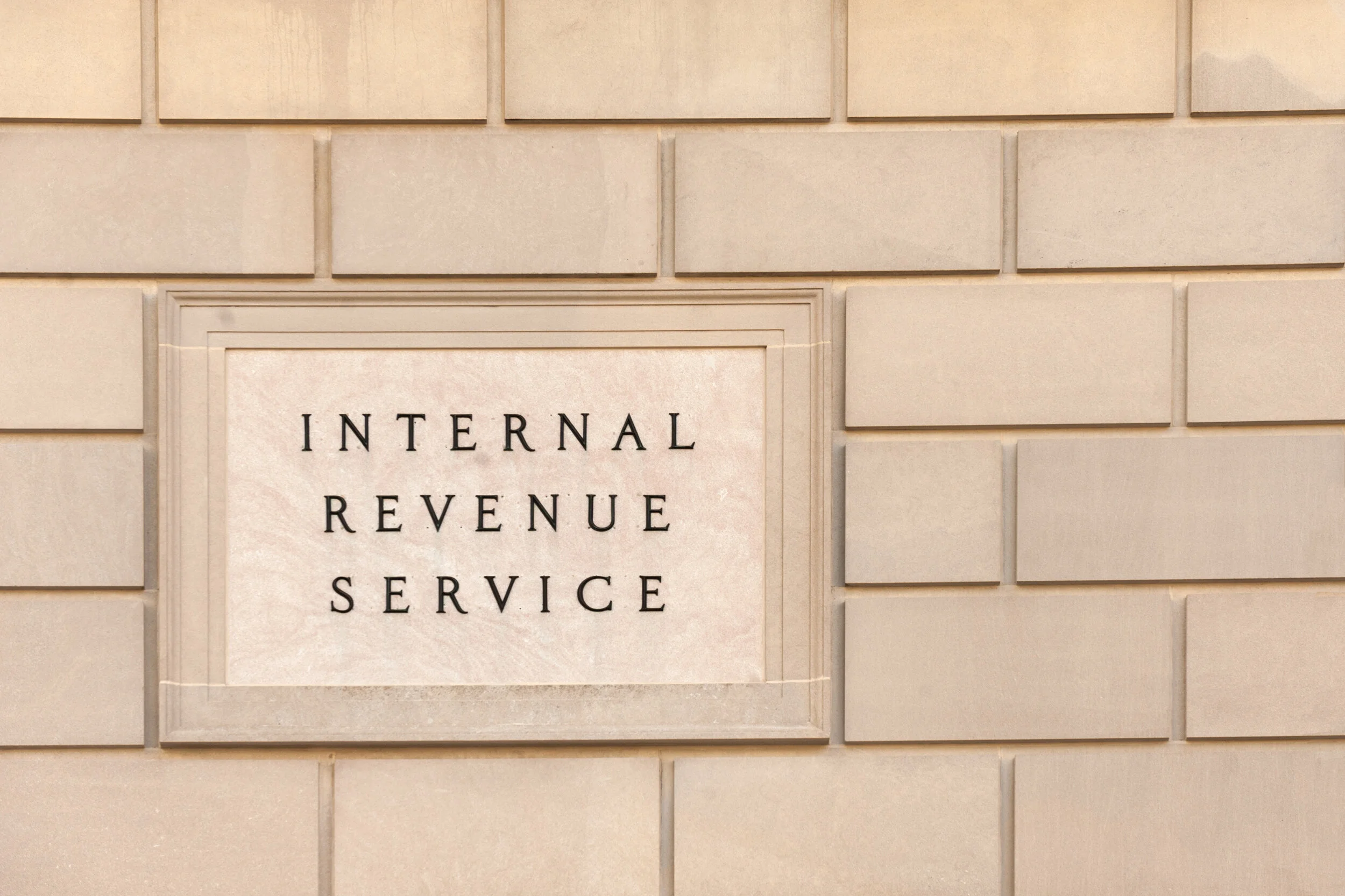Breaking News: IRS Has Delayed Tax Day to July 15 and Phase 2 Relief
As directed by President Trump, all individuals and businesses will have this additional time to file and make payments.
Louisiana Offers Business Tax Relief due to COVID-19
Louisiana has announced various forms of Business relief available.
IRS Emergency Tax Relief
In response to the COVID-19 declared emergency, the IRS has announced that federal income tax payments due on April 15, 2020 are automatically extended for three months to July 15, 2020. This includes balances due on 2019 individual and corporate income tax returns as well as the first quarterly estimated payment of 2020.
COVID-19 Update
At Faulk & Winkler, we are deeply aware of the potential impact of the coronavirus (COVID-19). We are taking steps to provide for the continuity of our client services and the safety of our employees and clients as we navigate through the uncertainly of the outbreak.
Trump's Recent Proposals in Response to COVID-19
We are monitoring the latest statements from the Federal Government in regards to a proposed 2020 Payroll Tax cut and delay of the upcoming April 15th tax filing deadline.
Small Business Tools - New Louisiana Business Regulation Database Announced
The Louisiana Secretary of State is advertising a new state program created to provide information on new and existing state business regulations. During 2019, Louisiana passed the Small Business Protection Act requiring the Secretary of State to create a database on state regulations. The list will be kept on the Secretary of State’s website at smallbiz.sos.la.gov starting February 15th. You can also sign up to receive e-mail notifications of notices regarding proposed regulations as they are released.
Tax Changes & Planning -- Individuals
With the end of the year approaching, it’s a great time to look at your current tax strategies to make sure they are still meeting your needs going into the new year and to also take any last-minute steps that could potentially lower your current and future tax bill. In this article we will discuss the major changes that happened in 2017 with the Tax Cuts and Jobs Act (TCJA) for individuals that may impact your current tax situation as well as tax planning strategies to implement for this year and the next.
Unclaimed Property Updates
Effective July 1, 2019, the Louisiana State Treasurer’s Office no longer accepts printed submissions of unclaimed property. This is to protect the security and privacy of individuals where personal identification information is included in the paper transmissions.
New Louisiana Pass-Through Entity Tax Legislation
Louisiana passed a new law in June responding to federal tax changes that capped individual state income tax deductions and increased the standard deduction.
IRS Warns of New Phishing Scams
There has been an outbreak of two new variations on phishing scams targeting taxpayers. In one, scammers use phone calls to try to convince you that your SSN is at risk of being “deactivated” and may state that this is due to overdue taxes or just generic “illegal activity.” In another, scammers are sending letters in the mail warning of delinquent taxes owed to non-existent agencies, such as the “Bureau for Tax Enforcement.” In each, scam artists are attempting to get you to provide your SSN, bank account numbers, and other personal information. If you receive any suspicious notifications, you should NOT engage in any communication with the sender.












